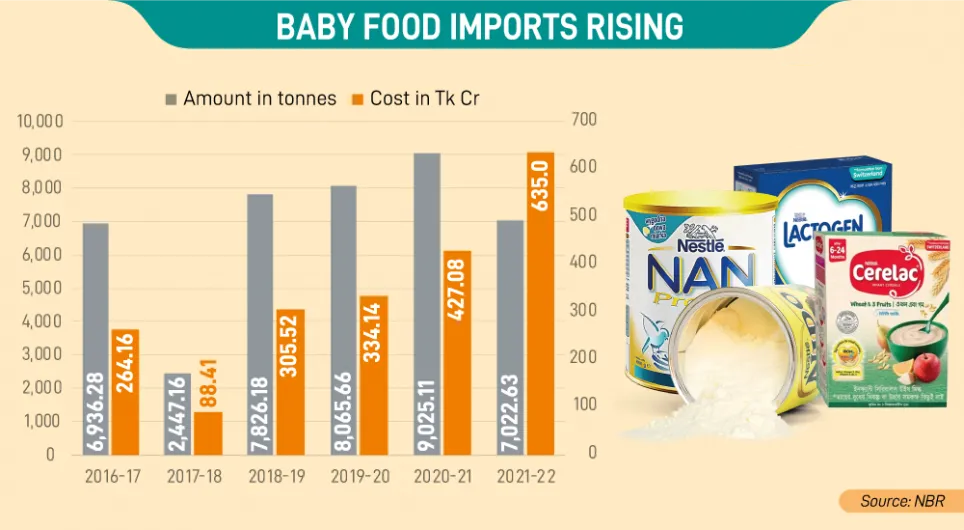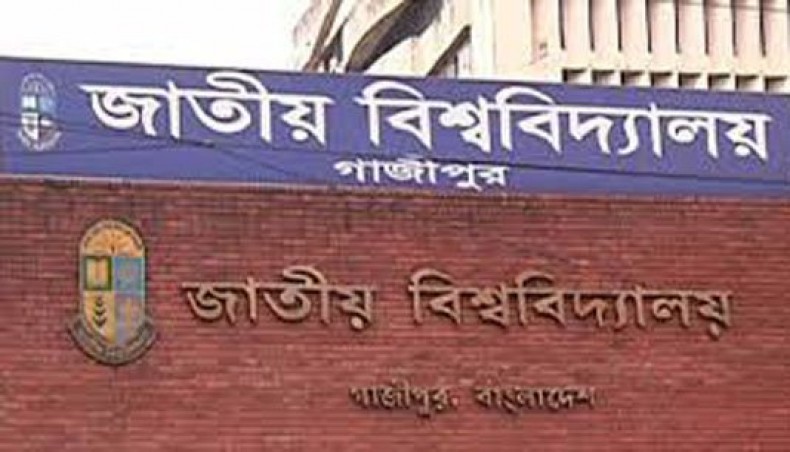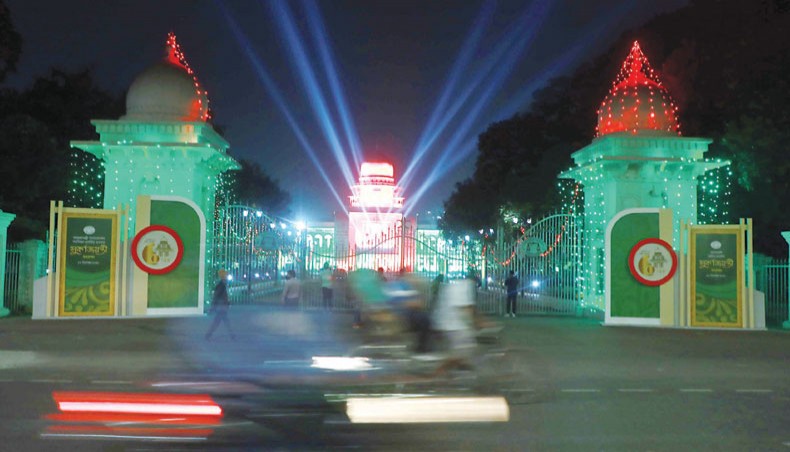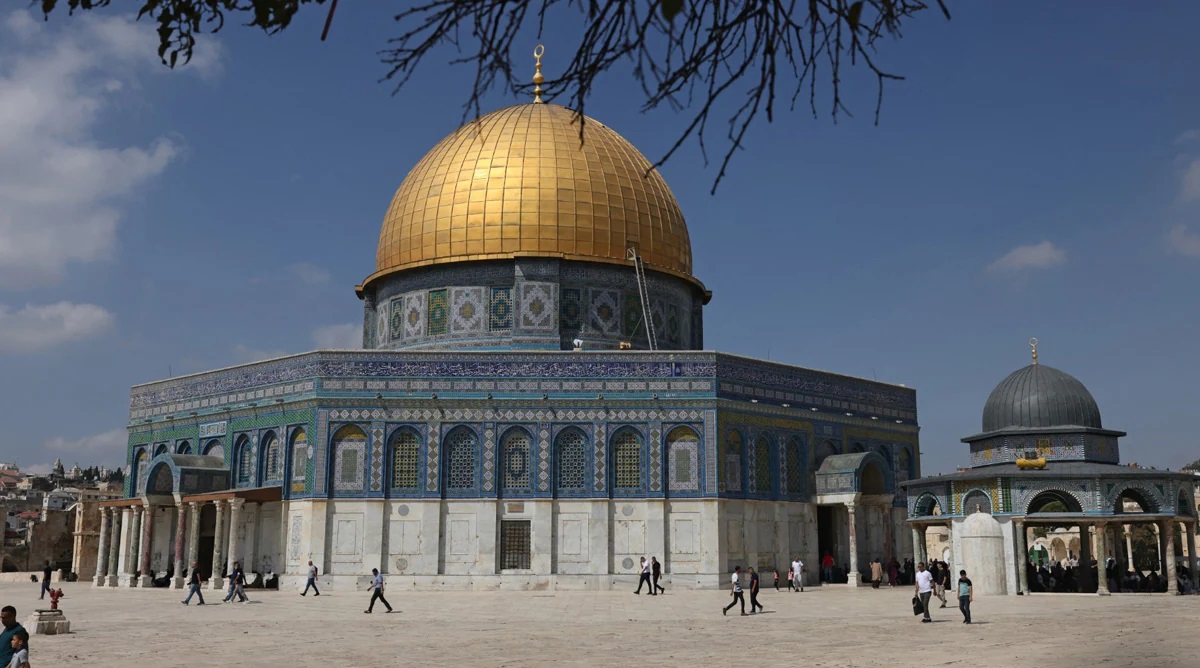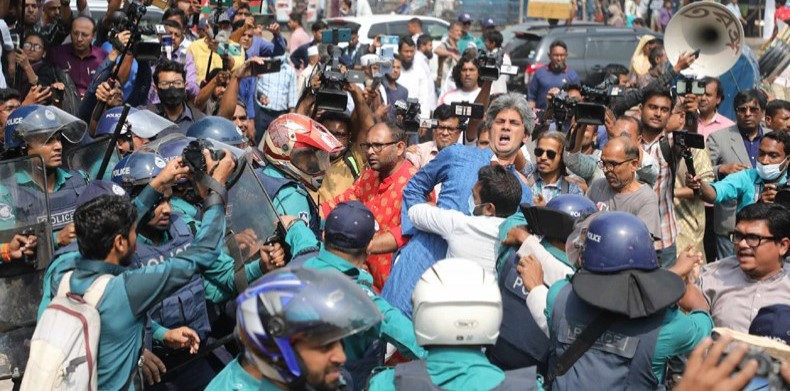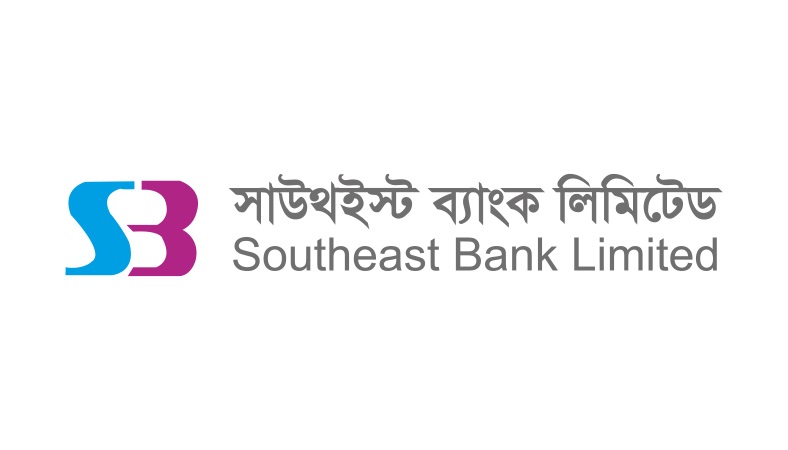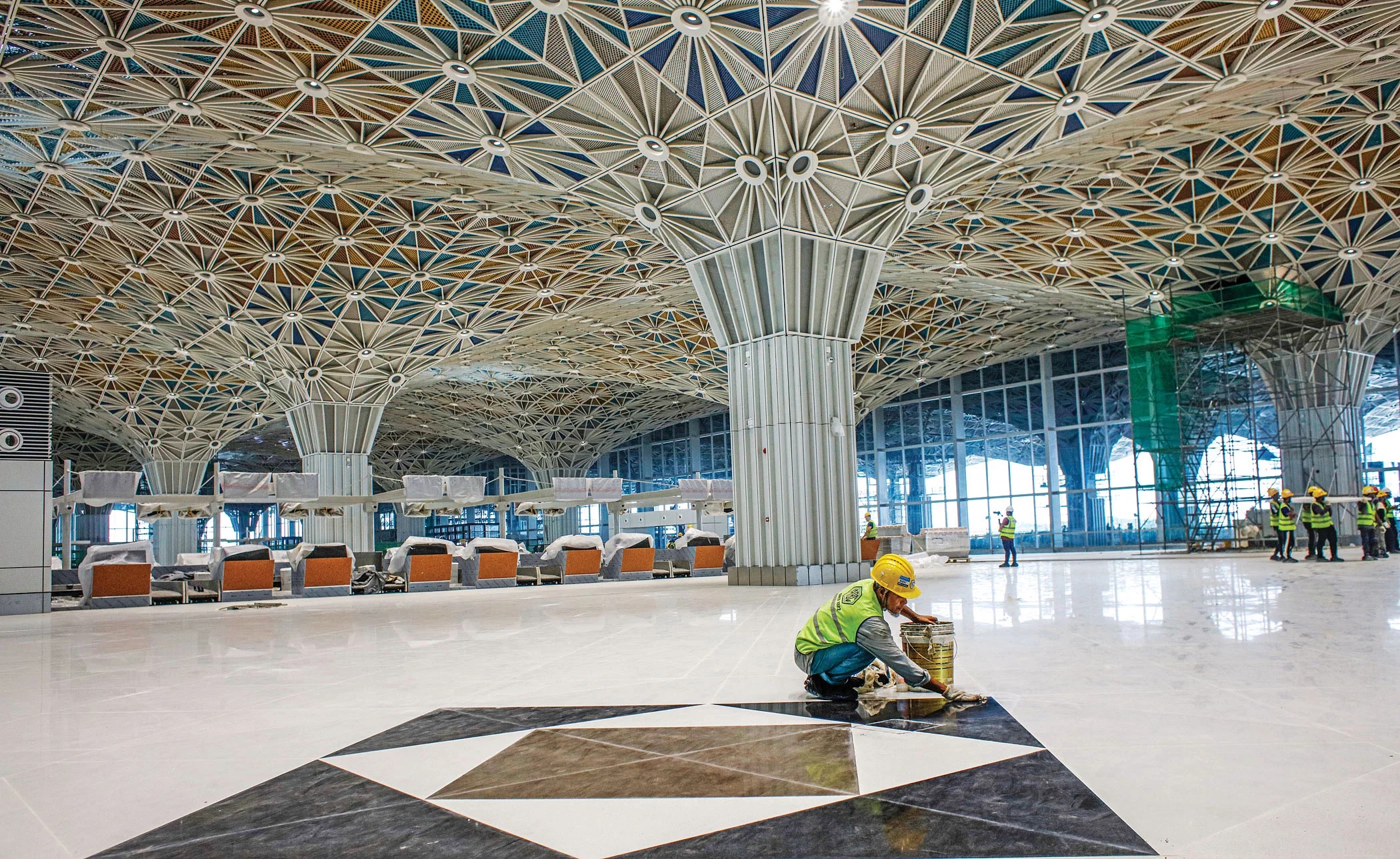In early 2013, work on a Tk541 crore project began to upgrade the Baghabari power plant's capacity in the next two years. Eight years later, it was abandoned unfinished in November 2020 as the project made little progress.
Meanwhile, around Tk5 crore had already been spent on a car purchase, land development and consultancy under the project. The reason for the cancellation was the failure to hire a contractor for doing the job in almost a decade.
The project authorities could not find a contractor as the bidders' offers in the international tender were higher than the allocation for the original project.
The project was taken up without verifying the actual cost, feasibility, and benefits after its implementation.
Several other projects undertaken without feasibility studies have also suffered similar fates in recent times. Although these projects were cancelled with no progress in their implementation, large amounts were spent on car purchases, salaries and allowances, and consultancies.
According to a circular relating to government development projects, a feasibility study is mandatory before preparing a project if its estimated cost exceeds Tk25 crore.
However, different government ministries and departments are not complying with the regulation resulting in many projects without feasibility studies being cancelled before completion or going on for many years with frequent revisions.
Despite Prime Minister Sheikh Hasina's strict instructions for not taking up any project without a survey, project proposals are being sent to the Planning Commission only based on approval from various ministries and departments.
The Planning Commission is giving its go-ahead to such projects in the face of alleged pressure from different powerful interests.
Acknowledging the PM's instruction on conducting feasibility studies before undertaking a project, Planning Minister MA Mannan said the Planning Commission also has some limitations in this regard.
"The Planning Commission does not want to block a development project. The commission often approves projects without feasibility study for speedy implementation," he added.
However, he questioned the role of different ministries and departments, saying they should also follow the prime minister's instructions."
A feasibility study is essential because it provides details about a development project including the benefits to be obtained from a project, its cost and its implementation strategy. But many ministries and departments often prepare project proposals without this study.
The Implementation Monitoring and Evaluation Division (IMED) has prepared an evaluation report on the Baghabari project. It said five years after the project started, the Bangladesh Power Development Board (BPDB) realised that the project would not be profitable by increasing the power plant's capacity only by 50MW.
According to the report, all the vehicles were purchased as per the project proposal even before the tender process was completed.
Power Development Board Member (planning and development) Mostaq Mohammad, however, claimed that the feasibility study of the project had been done. But there was no progress in its implementation as there was not enough gas supply to meet the demand of the plant.
Meanwhile, two projects taken for modernising state-owned sugar mills – Thakurgaon Sugar Mills and North Bengal Sugar Mills – had also been cancelled without implementation.
Although there was no progress in the work, the projects were cancelled after spending Tk25 crore on vehicle purchases, and salaries and allowances. These projects were also undertaken without a proper feasibility study.
The Tk101 crore project to modernise Thakurgaon Sugar Mill was approved by the Executive Committee of the National Economic Council (Ecnec) in 2013. Although there was no progress in its work, the project was revised for the first time in 2016 and its cost increased to Tk486 crore.
In December last year, the project implementing agency, the Food and Sugar Industry Corporation sent a second revision proposal to the Planning Commission, hiking the cost to Tk1,202 crore, a12 times increase over the original cost.
The project's financial progress was only 3% or Tk15 crore, while the physical progress was only 16%. The Planning Commission did not approve the second revision proposal and declared the project over.
The project to generate power and set up a sugar refinery in the North Bengal Sugar Mill using the co-generation method was approved in 2014. The original project cost was Tk73 crore.
Later, the project cost rose to Tk324 crore. Although there was no progress in its implementation work, last January, a revised proposal was sent to the Planning Commission for increasing the project cost to Tk926 crore, 13 times higher



